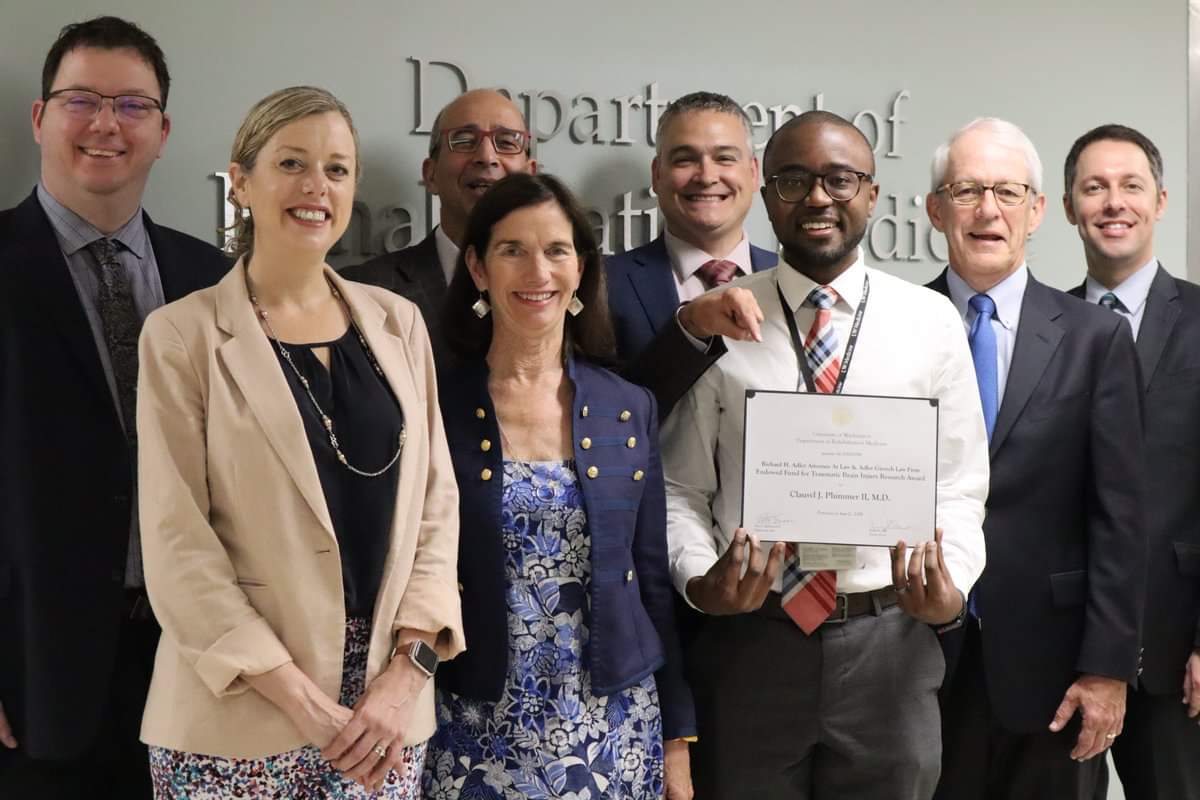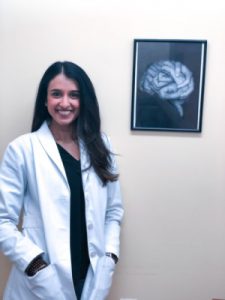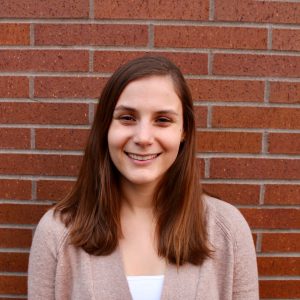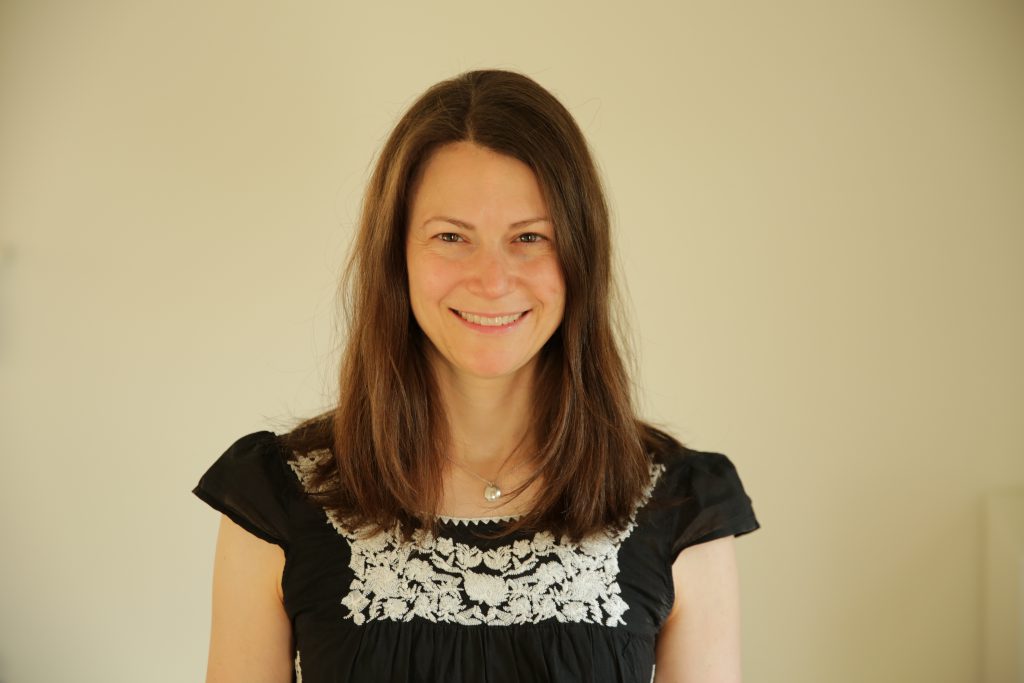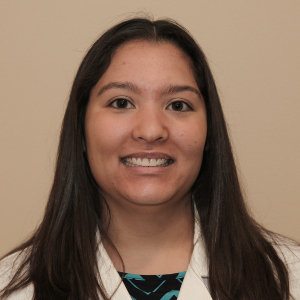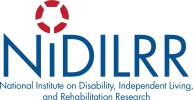Richard H. Adler, JD & the Adler Giersch Law Firm
Endowed Fund for Traumatic Brain Injury Research,
Traumatic Brain Injury Clinical Care Research,
and Traumatic Brain Injury Policy Research
Purpose: The purpose of this Endowed Fund is to provide support for efforts to find more effective evaluation and treatment protocols for those with traumatic brain injuries (TBI) given the long term cognitive, behavioral, and physical consequences and impairments which may result from the underlying trauma. The fund is also intended to provide seed money and/or bridge funding for innovative, collaborative, interdisciplinary, and novel research or quality improvement projects with the potential to create leaps in knowledge to further the evaluation and treatment of TBI. The funds may also be used for policy research related to the preventable TBIs.
This Endowed Fund honors both Harborview Medical Center and the University of Washington Medical Center for evaluating and treating past and present clients of Richard H. Adler, JD and the Adler Giersch law firm who have sustained and survived a TBI and those who lost their lives from this type of trauma. In addition, this fund is a means for the donors of the fund to give back and ‘pay it forward’ for future clients and others with TBIs.
2025 FUNDING ANNOUNCEMENT PDF
CONGRATULATIONS TO OUR 2024 RECIPIENTS!
In 2024 three projects were selected for funding:
Ali Abu-Alya, DO, Alexander Bramsteadt, DO, and Eliza Baird-Daniel, MD, will investigate whether auditory signal processing and radiographic patterns can be used to predict extubation failure for patients with TBI
Congratulations to Ali Abu-Alya, Alexander Bramsteadt, and Eliza Baird-Daniel for their proposal: “Analysis of Auditory Signal Processing and Radiographic Patterns to Predict Extubation Failure in Patients with Moderate to Severe Traumatic Brain Injury.”
Eliza Baird-Daniel, MD, will investigate demographic trends and disparities among nationwide craniocerebral gunshot injury
Congratulations to Eliza Baird-Daniel for the proposal: “Demographic trends and disparities in craniocerebral gunshot injury: a nationwide examination of incidence, demographic, and clinical risk factors of craniocerebral gunshot injury and outcome.”
Dominic Siler and Julien Clarke will investigate blood volume analysis in severe TBI
Congratulations to Dominic Siler and Julien Clarke for the proposal: “Clinical utility of quantitative blood volume analysis in severe traumatic brain injury.”
PAST RECIPIENTS
2023
Evaluating stimulus-response EEG paradigms for the prediction of neurologic outcome in comatose patients with moderate to severe TBI: Peter Schwab, MD
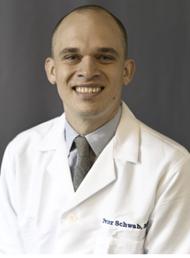
Peter Schwab, MD
Congratulations to Peter Schwab, MD, PGY-5 Epilepsy Fellow, for his proposal: “Evaluating stimulus-response EEG paradigms for the prediction of neurologic outcome in comatose patients with moderate to severe TBI.”
Dr. Schwab’s project will use electroencephalogram (EEG) brain wave measurements and sound-based tests with different complexity levels in people who are comatose with a severe TBI. An EEG is a test that measures electrical activity in the brain using electrodes attached to the scalp. Brain cells communicate via electrical impulses and are active all the time, even during sleep. EEGs are already commonly used to detect seizures in patients with TBI. EEGs are also used in patients with cardiac arrest, where they can help predict neurological outcomes. However, using EEGs to predict neurological outcomes in patients with TBI hasn’t been well studied. Dr. Schwab’s project will explore whether EEGs can help predict outcomes in comatose patients with TBI.
The overall goal is to see if these tests can help predict brain recovery 3-6 months after hospital discharge. If the study goes well, the results may help to create tools that help clinicians and patients’ families make care decisions for people who are critically ill with a traumatic brain injury.
Psychology Residents to Explore Disparities in Clinical Care after TBI: Megan Weishaar, MS, Rebecca Ipiaqruk Young, MS and Candice Golembo, MS
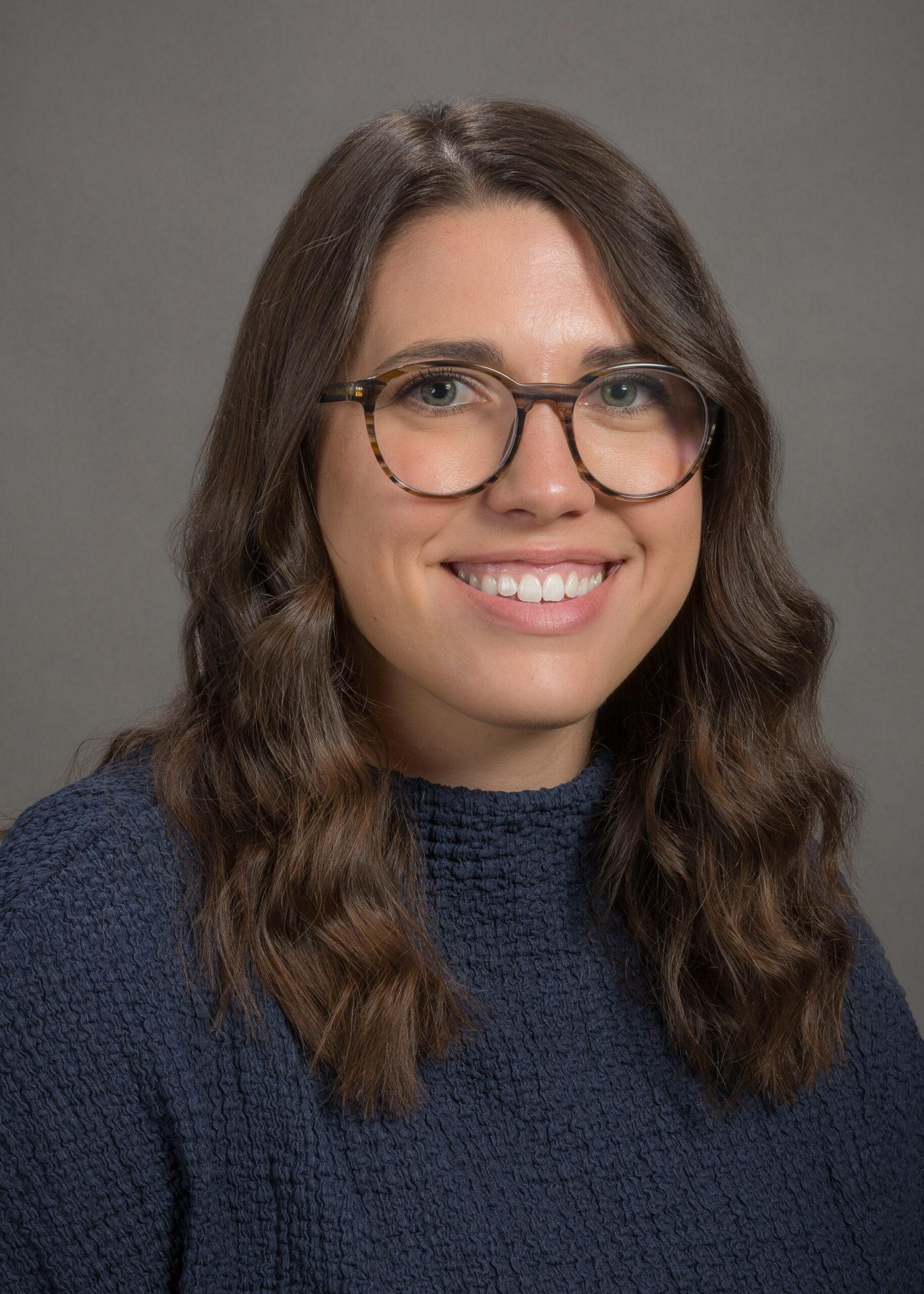
Megan Weishaar, MS
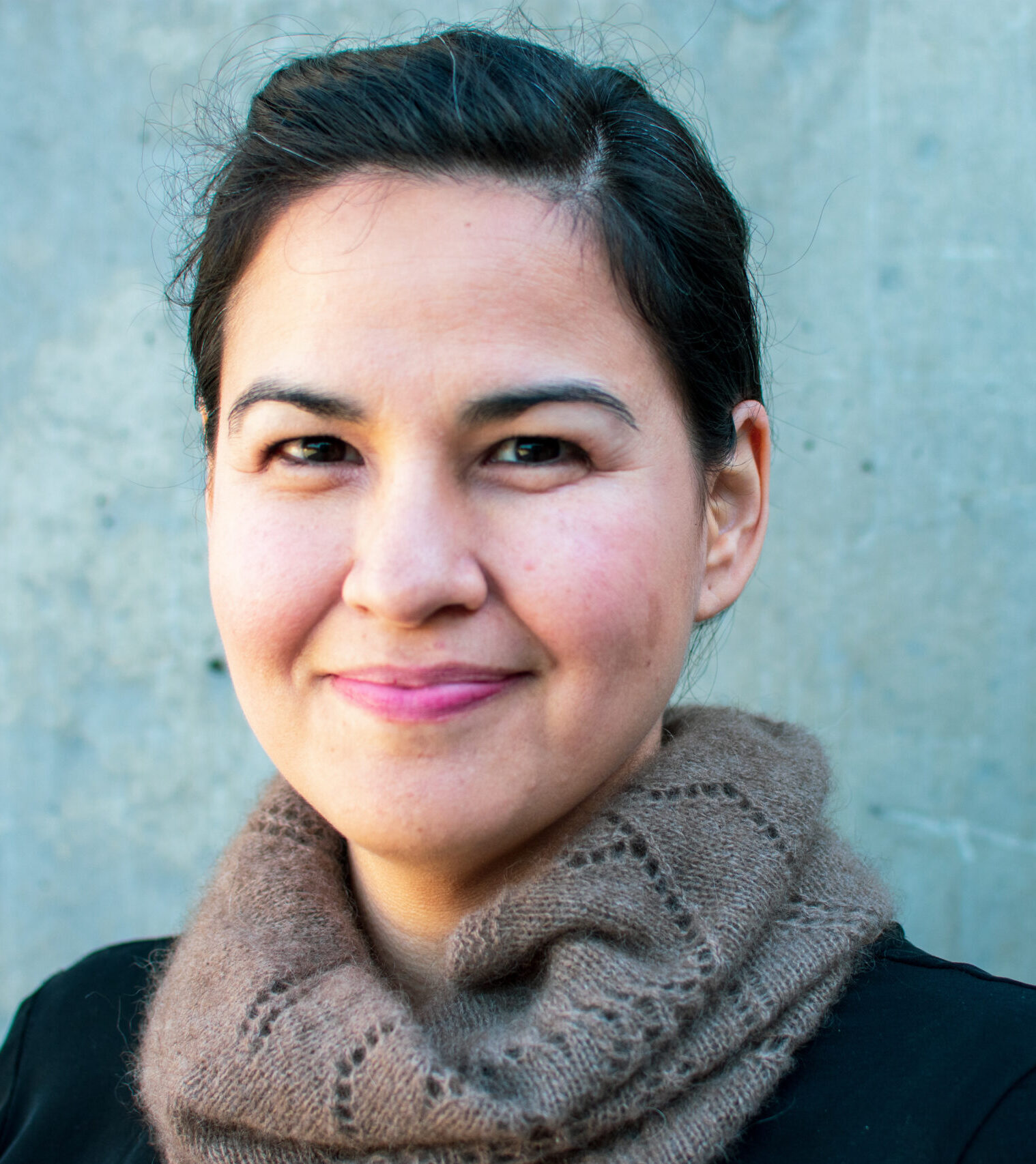
Rebecca Ipiaqruk Young, MS

Candice Golembo, MS
Congratulations to UW psychology residents Megan Weishaar, MS, Rebecca Ipiaqruk Young, MS and Candice Golembo, MS for their proposal: “Intersectional Considerations and Access to Physical Medicine and Rehabilitation Consultation and Inpatient Rehabilitation Care for Individuals with TBI at a Level-One Trauma Center.”
Traumatic brain injury (TBI) is common and a major cause of disability in the United States. Studies suggest that starting rehabilitation soon after injury improves patient outcomes and lowers total medical costs. While many patients with moderate to severe TBI would benefit from acute comprehensive inpatient rehabilitation (IPR) programs, most discharge to home or skilled nursing facilities that do not provide interdisciplinary care and intensive therapies.
Populations already vulnerable to systemic disadvantages, older adults and Alaska Native/Native American People, have higher chance of sustaining TBI. Notably, non-Hispanic Black and Hispanic patients are less likely to receive follow-up care and rehabilitation following TBI as compared to non-Hispanic white individuals. People with a lower income and who lack health insurance are also less likely to receive follow-up care and rehabilitation. This project will investigate clinical processes that may contribute to disparities in care. For example, the team will examine clinical care processes such as consultations by physical medicine & rehabilitation physicians and time to inpatient rehabilitation care admissions. The results will help improve the treatment plans for traumatic brain injury, especially for individuals from communities that have been historically marginalized.
2022
Correlation of Brain Tissue Oxygenation with Markers of Volume Resuscitation in Traumatic Brain Injury: Nassim Matin, MD

Congratulations to Nassim Matin, MD, MPH whose proposal “Correlation of Brain Tissue Oxygenation with Markers of Volume Resuscitation in Traumatic Brain Injury” was selected to receive a 1-year award of $7,500. Hospital care for traumatic brain injury involves multimodal monitoring of intracranial pressure, cerebral perfusion pressure and brain tissue partial oxygen pressure (PbtO2). PbtO2 is a measure of the oxygen balance in the brain and is associated with a range of secondary injuries, such as hypoxia, ischemia and edema. Several studies have suggested a link between low PbtO2 and higher mortality or disability rates, but there is currently no clear consensus on the best strategies to optimize PbtO2, or the effects of volume resuscitation and vasoactive agents on PbtO2 levels. The overall goal is to learn if there is a correlation between volume status and brain tissue oxygenation (PbtO2) of patients with traumatic brain injury. Dr. Matin is a Neuro-Critical Fellow and neurologist in the UW Department of Neurology. She completed both her MPH and MD at the Tehran University of Medical Sciences.
Care Trajectory for Older Patients with Severe Traumatic Brain Injury: Kristopher Hendershot, MD
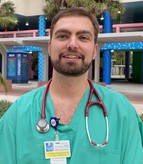
Congratulations to Kristopher Hendershot, MD whose proposal “Care Trajectory for Older Patients with Severe Traumatic Brain Injury” was selected to receive a 2-year award of $10,000 (total $20,000). Dr. Hendershot’s project aims to better understand the course of medical care for people 60 years and older who had a severe TBI. He will focus on socio-demographic characteristics, such as age, race/ethnicity, primary language spoken, and the neighborhood someone was living in at the time of their injury. His hypothesis (or theory) is that there are differences between the quality of care received by older adult patients with severe TBI, such as preparing patients for critical medical decisions, including prolonged life-sustaining care, and helping patients and families learn about palliative care and hospice or “comfort care.”
Dr. Hendershot will first conduct a review of patients admitted to the HMC Neuro ICU who were above 60 years old and had a severe TBI, and will then conduct qualitative interviews with patients and/or their family members, neuro-ICU clinicians, and palliative care providers about the details of the injury and the resulting medical treatment decisions. The interviews will focus on non-white patients and their family members between 10 and 60 days after injury.
2021
Utility of routine surveillance head computed tomography (within 24 hours) after initiating therapeutic anti-coagulation in patients with intracranial hemorrhage: Maggie McGrath, MD
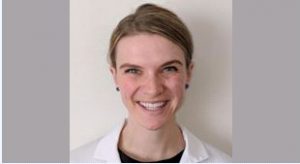 The proposal from Maggie McGrath, MD: “Utility of routine surveillance head computed tomography (within 24 hours) after initiating therapeutic anticoagulation in patients with intracranial hemorrhage” was the recipient of the 2021 Adler Giersch Law Firm Endowed Fund for TBI Research. Her project is looking at the utility of routine head imaging for patients with a history of intracerebral hemorrhage who are starting on anti-coagulation therapy (blood thinning medication). The intention is to identify whether there is a select group in which this imaging is useful and to avoid over imaging the patients in which the imaging is likely to be low yield. The overall goal is to reduce costs and radiation to patients when medically appropriate and safe.
The proposal from Maggie McGrath, MD: “Utility of routine surveillance head computed tomography (within 24 hours) after initiating therapeutic anticoagulation in patients with intracranial hemorrhage” was the recipient of the 2021 Adler Giersch Law Firm Endowed Fund for TBI Research. Her project is looking at the utility of routine head imaging for patients with a history of intracerebral hemorrhage who are starting on anti-coagulation therapy (blood thinning medication). The intention is to identify whether there is a select group in which this imaging is useful and to avoid over imaging the patients in which the imaging is likely to be low yield. The overall goal is to reduce costs and radiation to patients when medically appropriate and safe.
Dr. McGrath was born and raised in Missoula, MT where she attended the University of Montana and received her degree in biochemistry. She then attended the University of Washington Medical School where she graduated with honors in 2019 prior to starting a neurological surgery residency at the UW. Dr. McGrath is a currently a third year neurosurgery resident (PGY3) at the University of Washington. Her career interests are focused on critical care and vascular neurosurgery with a specific interest in using mass data to help create protocols to optimize and standardize medical treatment.
2020
Investigating the Role of Diet in Mild Traumatic Brain Injury: Natasha Mehta, MD
The proposal from Natasha Mehta, MD “Investigating the Role of Diet in Mild Traumatic Brain Injury: A Pilot Study” was chosen to receive the 2020 Adler Giersch Law Firm Endowed Fund for TBI Research. Dr. Mehta is the 2020-21 Rehabilitation Medicine TBI Fellow. She completed her residency in Physical Medicine & Rehabilitation (PM&R) at the esteemed Kessler Institute for Rehabilitation (Rutgers-New Jersey Medical School) before moving upstate to Rochester, New York. It was in Rochester that she treated patients rehabilitating from stroke, brain and spinal cord injuries, neuromuscular disorders, and those dealing with chronic pain. Dr. Mehta is thrilled to have the opportunity to look at the impact diet may have on a healing brain after mild traumatic brain injury.
Primary Care Practice for Concussion Management: A Health Services Study at UW Medicine: Tracy Herring, PhD and Orli Shulein, MS, CCC-SLP
The proposal from Tracy Herring, PhD and Orli Shulein, MS, CCC-SLP, “Primary Care Practice for Concussion Management: A Health Services Study at UW Medicine” was chosen to receive the 2020 Adler Giersch Law Firm Endowed Fund for TBI Research. Together, Dr. Herring and Ms. Shulein will investigate the extent to which UW Medicine primary care providers are following concussion practice guidelines for referral to specialty providers. It also seeks to understand if race and/or ethnicity influence referrals patterns. This project will provide valuable pilot data for health services research designed to optimize treatments for individuals who have sustained a concussion.
Tracy Herring, PhD, is a rehabilitation psychology postdoctoral fellow in the Department of Rehabilitation Medicine at UW. Dr. Herring works clinically with individuals with disabilities and chronic health conditions. Her research interests include non-pharmacological management of symptoms and enhancing quality of life.
Orli Shulein, MS, CCC-SLP, is a speech-language pathologist pursing her PhD in Rehabilitation Science. Ms. Shulein works clinically with adults who continue to suffer persistent symptoms following concussion. Her research interests explore biopsychosocial factors that influence early concussion recovery.
Using Automated Pupilometery for Prediction of Intracranial Pressure in Severe TBI: Madeline Greil, MD
The proposal from Madeline Greil, MD entitled “Using Automated Pupilometery for Prediction of Intracranial Pressure in Severe Traumatic Brain Injury” was chosen to receive the 2020 Adler Giersch Law Firm Endowed Fund for TBI Research. Invasive intracranial pressure monitors are inserted by neurosurgeons to measure intracranial pressure in patients with severe traumatic brain injury (TBI). The automated pupillometer is a hand-held device that measures the pupillary light reflex and calculates a quantitative measure of pupil reactivity. This project aims to investigate the ability of automated pupillometry measurements to predict elevated intracranial pressure in severe TBI patients as measured on an invasive intracranial pressure monitor.
Dr. Greil is a fourth year neurosurgery resident at the University of Washington. She grew up in Western New York State. She attended Case Western Reserve University School of Medicine in Cleveland, Ohio where she earned her medical degree. During medical school she gained her first exposure to the operating room and instantly knew she wanted to be a surgeon. She continued to pursue her interest in the nervous system and was happy to discover that neurosurgery fit with her career goals, allowing her to treat complex patients with acute presentations.
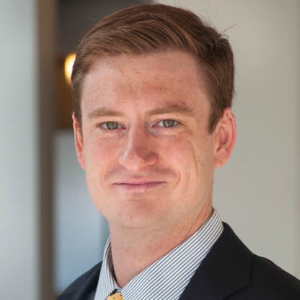
2019
Congratulations to John Williams, MD, for being the 2019 recipient of the Richard Adler Attorney at Law and Adler Giersch Law Firm Endowed Research Fund for Traumatic Brain Injury Research.
Dr. Williams’ proposal “Examination of traumatic axonal lesions on CT and MRI following severe TBI for prognostication of outcome” was chosen to receive the 2019 Adler Giersch Law Firm Endowed Fund for TBI Research. Dr. Williams is Chief Resident of Neurosurgery at UW. Initially intent on pursuing a career in public health and primary care, outstanding mentorship in neurosurgery inspired his decision to train in Seattle under Dr. Richard Ellenbogen. Dr. Williams plans to use the research grant award to look at early CT and MRI images in people who had a severe TBI. A better understanding of early injury could guide how clinicians advise families about TBI recovery.
2018
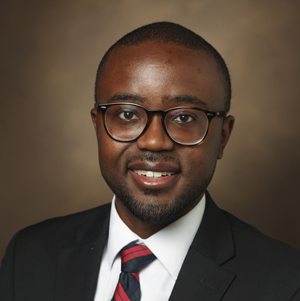 Congratulations to CJ Plummer, MD, for being the 2018 recipient of the inaugural Richard Adler Attorney at Law and Adler Giersch Law Firm Endowed Research Fund for Traumatic Brain Injury Research.
Congratulations to CJ Plummer, MD, for being the 2018 recipient of the inaugural Richard Adler Attorney at Law and Adler Giersch Law Firm Endowed Research Fund for Traumatic Brain Injury Research.
Dr. Plummer is a former TBI Fellow at Harborview Medical Center between 2017-18 and he is currently an assistant professor in the Physical Medicine and Rehabilitation department at Vanderbilt Stallworth Rehabilitation Hospital. He practices brain injury medicine, and his clinical interests range from spasticity management, lifestyle medicine and community reintegration for patients from across the full spectrum of sustained traumatic and acquired brain injuries. Dr. Plummer plans to use the funding to expand a student-centered return-to-learn protocol for high school students who have had a concussion. This project will help identify students with concussions and provide a pathway for returning to school safely.
